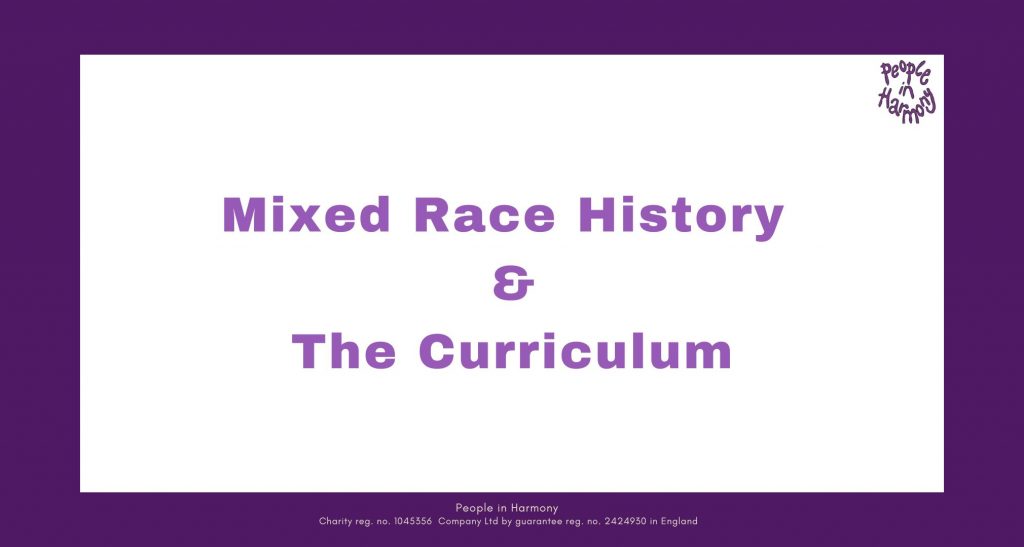MAKING HISTORY TEACHERS:
The Role of Teacher Training and Teacher Education
by Sundeep Lidher, Rashida Bibi, Claire Alexander
- In the wake of Black Lives Matter and the COVID-19 pandemic, teachers and teacher trainers have expressed a strong commitment to developing a more inclusive curriculum and changing pedagogic practice to tackle entrenched racial inequity in schools.
- While barriers for teachers have long been recognised, there has been little focus on the crucial role of teacher educators and teacher training in developing a diverse profession, practice and curriculum.
- Initial Teacher Education (ITE) provision is increasingly fragmented and marketised. Within this ‘chaos’, the key concerns of teacher educators included: subject knowledge being deprioritised, a lack of monitoring, the quality of in-school training, and intellectual freedom being eroded.
- There are a number of constraints in the teacher education space, including lack of time, ‘tick-box’ approaches to ‘diversity’ work, gaps in trainers’ subject knowledge, and lack of Black and minority ethnic representation among teacher educators/trainee teachers.
- In schools, significant constraints were identified, including other issues being prioritised, teacher apathy or resistance, limited time for innovation, lack of training and guidance in teaching ‘difficult’ or ‘sensitive’ subjects, and the need for accredited, high-quality continuous professional development (CPD) for all
teachers. - School-based mentors are key to supporting the transition from ITE to in-school teaching. However, this requires a commitment to partnership working, to training and support from mentors who are suitably recognised and remunerated, and to developing a more diverse mentoring cohort.
Racial and ethnic inequality in a time of crisis: curriculum and teacher education
In 2020–21, the Centre on the Dynamics of Ethnicity (CoDE) at the University of Manchester conducted empirical research on the impact of the pandemic and the BLM movement on the experience of racial and ethnic inequality in Britain. One part of the work focused on the impact of COVID and BLM on calls to ‘decolonise the curriculum’ in secondary schools.
This project had two key strands: first, exploring how teachers and other key education stakeholders had responded to demands for history curriculum change, especially after BLM; second, considering how teacher training worked to either reinforce or challenge racial inequality in the profession, and how it might facilitate the introduction of a more diverse curriculum.
This briefing is concerned with the second strand of enquiry: the important, but under-researched, role of teacher educators. The research team interviewed 25 key education stakeholders, including university- and school-based teachereducators, trainee teachers, established teachers, exam board representatives, subject association leaders and continuous professional development (CPD) providers. We also held six online focus groups with university- and school-based teacher educators, trainee history teachers, newly qualified history teachers and established history teachers. Participants represented a cross-section of training institutions and secondary schools across groups with university- and school-based teacher educators, trainee history teachers, newly qualified history teachers and established history teachers. Participants represented a cross-section of training institutions and secondary schools across England, and of different routes into the profession.
Publisher: Runnymede Trust and Centre on the Dynamics of Ethnicity (CoDE) May 2023
Download the full report HERE
Note: There is a MIXED RACE history but will it be included in a more diverse curriculum?
How are mixed race people, families, relationships and history currently represented in the curriculum?
Send us your views HERE
